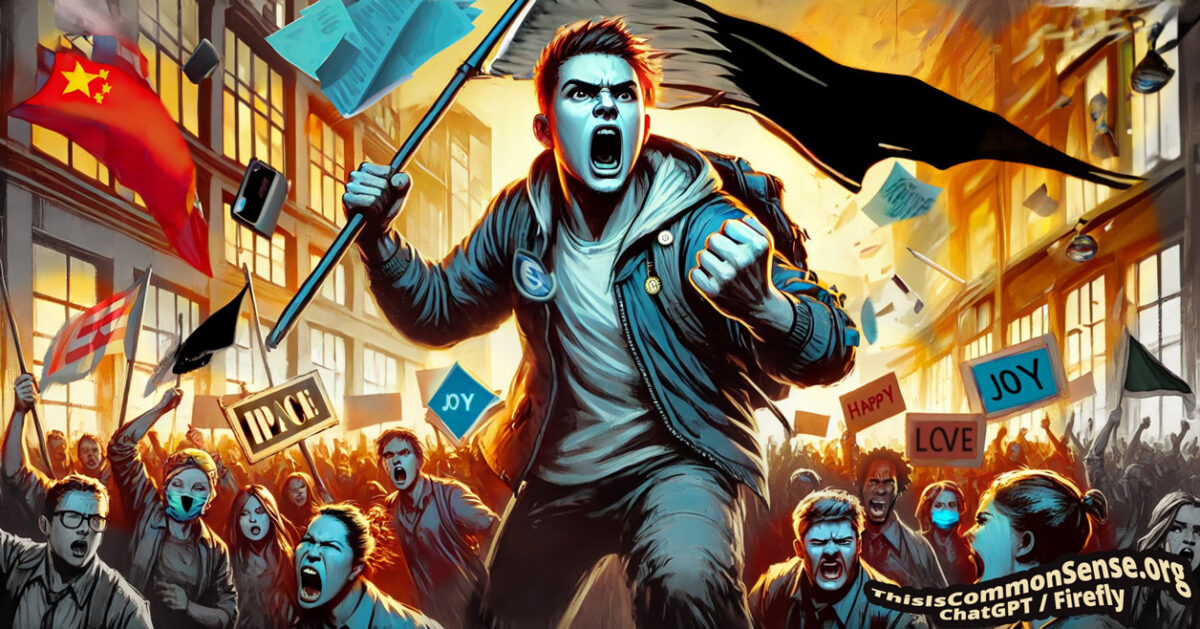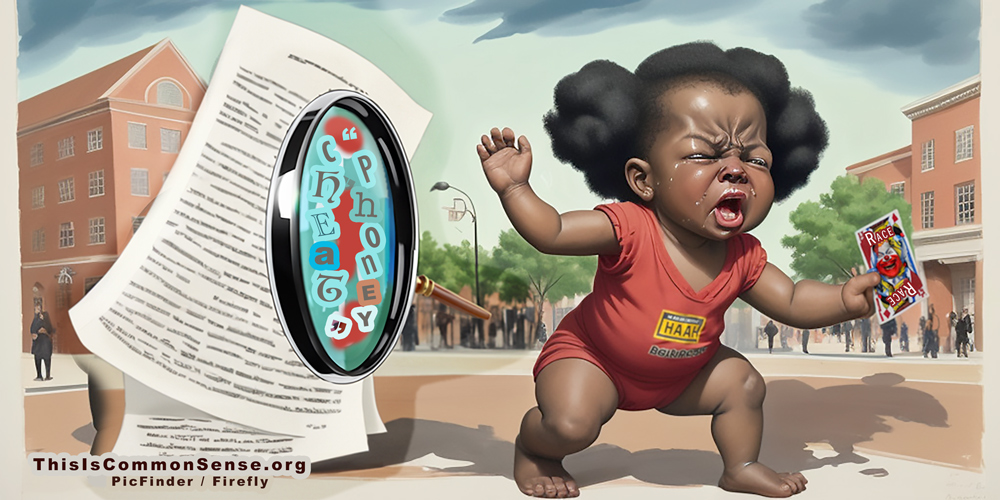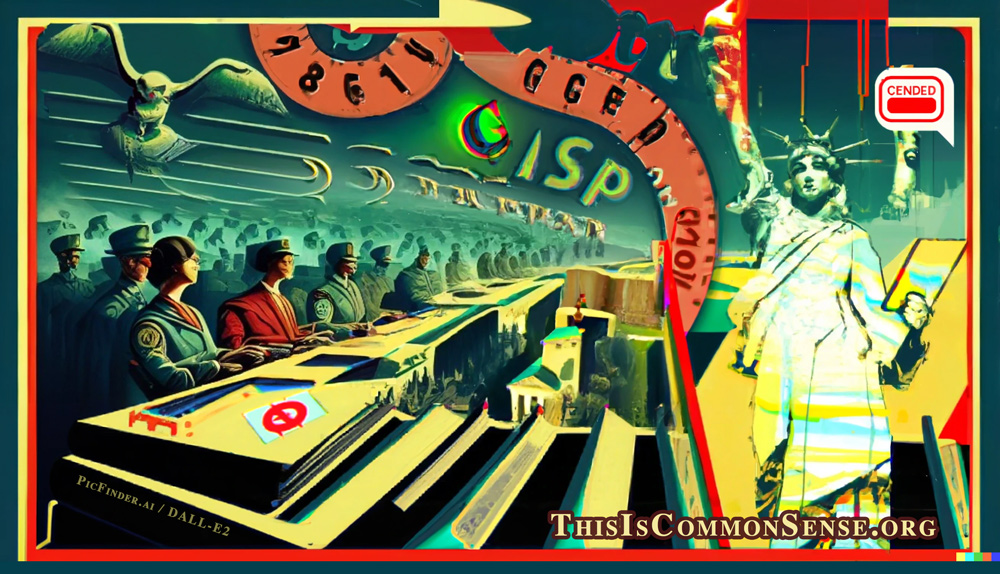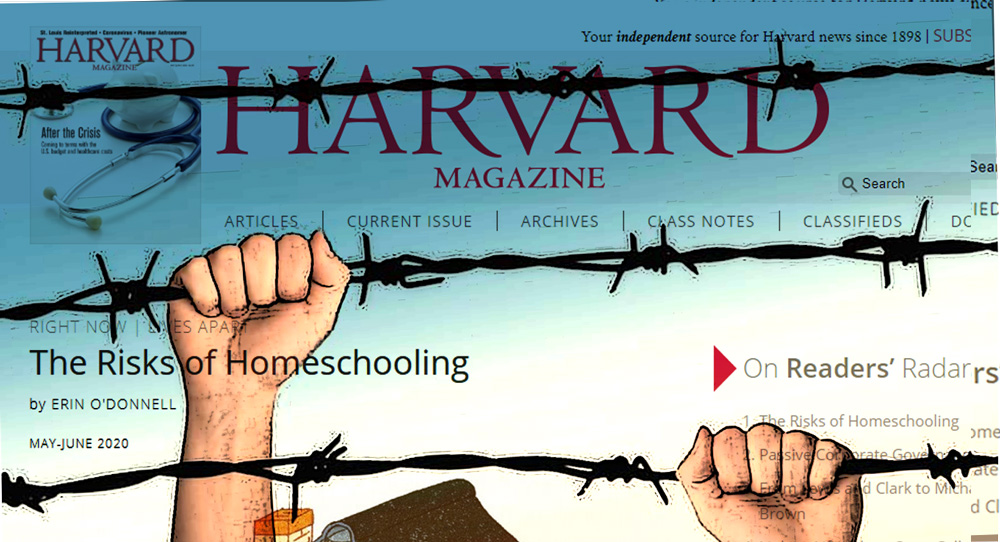Let’s assume that most Harvard University officials harbor no special animus against Jews.
Let’s also assume that the school’s willingness to ignore its own policies while Jewish students were the focus last year of what Judge Richard Stearn agrees was “‘severe, pervasive, and objectively offensive’… harassment” by Hamas supporters was motivated, rather, only by lack of courage.
Giving them the benefit of the doubt, let’s say that Harvard officials were motivated only by craven unwillingness to go against one of the latest left-wing ideological fads, that of letting anti-Israel agitators run wild.
But a policy that protects students from harassment and assault only when this is easy or fashionable to do — while insisting on “freedom of speech” for persons pushing past obnoxious speech into criminal assault and battery — is not much of a policy.
Stearns’s ruling is not a binding decision on the merits of the plaintiffs’ lawsuit. He simply allowed it to proceed.
His refusal to dismiss means that he finds the plaintiffs’ argument plausible — the argument that Harvard has violated its contractual obligations by observing what pro-Hamas students were doing to other students with supreme institutional indifference.
Indeed, he finds that the protests “were, at times, confrontational and physically violent, and plaintiffs legitimately fear their repetition. The harassment also impacted plaintiffs’ life experience at Harvard; they dreaded walking through the campus, missed classes, and stopped participating in extracurricular events.”
Peaceful protest ends when riot, assault, and intimidation begin. Institutions of both law and higher learning should always make that dividing line as clear as possible.
This is Common Sense. I’m Paul Jacob.
Illustration created with ChatGPT and Firefly
See all recent commentary
(simplified and organized)
See recent popular posts





